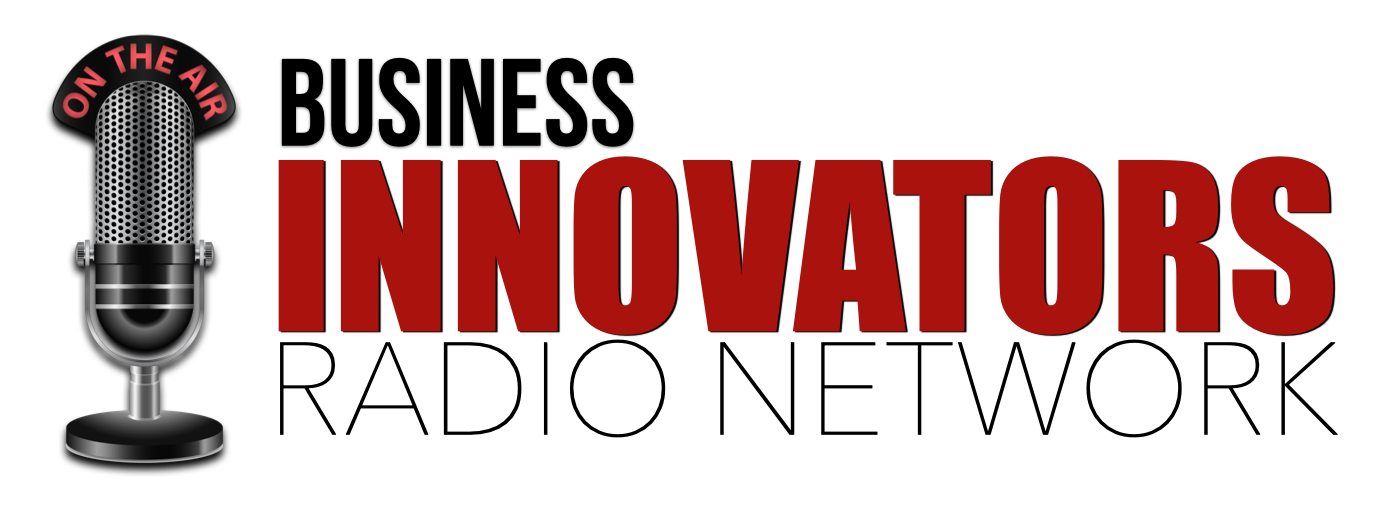Dr. McKenzie explains both sexes produce testosterone however it’s much more prevalent and important in men. Serena informs us that puberty is driven primarily by testosterone. She notes that testosterone production increases exponentially in men during puberty, peaks around age 30, and subsequently declines. From driving growth and facilitating sexual function to retaining bone density and cognitive function, Dr. McKenzie describes testosterone as a hormone with lifelong importance in men’s health.
Causes of Low Testosterone
Serena tells us the most direct cause of low testosterone, clinically diagnosed as testicular hypogonadism, occurs when the pituitary gland produces insufficient hormones to trigger adequate testosterone production. But she explains that many cases of low testosterone are caused by obesity, diabetes, insomnia, sleep apnoea, a sedentary lifestyle, smoking, excessive alcohol consumption, and other varieties of poor self-care. She also mentions that many clinicians understand lower testosterone levels as a natural result of aging, and not as a condition requiring treatment.
Symptoms of Low Testosterone
Dr. McKenzie admits that most of her patients present with sexual dysfunction. She often finds problems such as low libido, trouble gaining or sustaining an erection, fatigue, or depression. One symptom she describes that points directly to hypogonadism are a measurable decrease in testicular size. She mentions the loss of non-sexual erections as indicative of low testosterone. She points out that these symptoms can also be caused by vascular disease or pituitary dysfunction, but she reassures us that true cases of testosterone dysfunction can be diagnosed fairly easily by physicians.
How Low is Low?
To diagnose hypogonadism, Serena explains that labs look for reproducible testosterone levels below 300 or 350. The doctor explains that testosterone levels vary from day to day and hour to hour, which is why testing a man’s testosterone more than once is necessary for a correct diagnosis. She admits that some practitioners will skip this second test, which can lead to inappropriate diagnoses. She explains that most men should have testosterone levels between 200 and 900 for full sexual health, but the exact levels vary for different individuals.
Treating Low Testosterone
Dr. McKenzie believes that it’s important to assess lifestyle variables and consider alternative treatments like testosterone stimulation before rushing into testosterone replacement. For many men, correcting poor self-care, addressing relationship problems, and learning to foster romance in their relationships can solve their sexual and energy complaints. She remarks that these treatments are especially useful for younger men because hormone replacement shuts off the body’s natural ability to produce testosterone, which can prevent men from fathering children or require lifelong testosterone supplementation after treatment.
But for men with primary testicular failure or pituitary dysfunction, Dr. McKenzie acknowledges that testosterone treatments will be a necessity for the rest of their lives. Men whose testicular tissue has been damaged by chemotherapy or alcohol abuse may also need continual testosterone treatments to maintain sexual function.
Treatment Types
Serena describes a market that has produces 15 to 20 different methods of administering testosterone for patients, including injected doses of testosterone, injectable pellets, transdermal gels, sprays, and pills, but she says insurance usually decides the form of treatment.
Risks of Different Treatment Types
Dr. McKenzie prescribes transdermal gels and lotions most often. For those, she warns that it’s important for men to wash their hands after application and for them to allow the gel or cream to dry after application, otherwise accidental transmission of testosterone to partners or pets may occur.
She implies that most other methods are even safer, though high-dose injectable varieties of testosterone have been shown in some studies to increase the risk of blood clots, making heart disease important for prescribers to consider.
Testosterone Abuse and Misuse
Serena believes that testosterone is a wonderful substance, but she recommends it only be used with a clinician’s oversight. Because of testosterone’s ready availability online, she meets many men who buy themselves testosterone and are puzzled by the substance’s tendency to reduce, rather than increase, libido in healthy men.
Producing Testosterone Again
For men who don’t need lifetime testosterone treatment, Dr. McKenzie explains that results vary when treatment is discontinued. She says that some men—usually those who did not require treatment—produce adequate levels of testosterone immediately after treatment stops. Other men must wait for three to six months for their testicles to resume testosterone production, a time period that she warns can cause men to feel the depression, fatigue, and other symptoms associated with low levels of testosterone. She says that people who recover more slowly may require testosterone stimulating therapies to regain sexual function or fertility treatments if they intend to conceive a child. She also warns that a few men never regain their fertility or sexual function after undergoing testosterone treatments.
Finding Treatment for Sexual Dysfunction
Dr. McKenzie admits that medical treatment for sexual problems can be difficult to find. She describes some doctors as being disinterested in hearing about their patients’ low libido and sexual problems.
To meet the needs of this under-treated population, Serena tells us that pop-up sexual health clinics began to appear. Because pop-up clinics often provide inadequate or inappropriate treatment, she explains that more clinicians began to understand the need to provide sexual health services to their patients. Thanks to these changes, Serena shares the encouraging news that getting medical help for sexual problems is becoming easier every day.
Background:
A healthcare worker since 1992, Dr. Serena McKenzie is an evidence-based, holistic primary care physician with expertise in sexual medicine, healthy aging, and the pelvic floor. She is certified as a sexual medicine fellow (IF) through the International Society for Women’s Sexual Health (ISSWSH), as a nationally certified Menopause Practitioner (NCMP) through the North American Menopause Society (NAMS), and as a sex counselor through the American Association of Sex Educators and Therapists (AASECT). Using a multi-disciplinary approach that assesses her patients holistically, Dr. McKenzie helps her patients treat sexual dysfunction at every stage in life.
Links for Dr. Serena McKenzie:
https://www.huffpost.com/entry/how-much-testosterone-mak_b_8833162
More info:
Link to the free guide – Talking About Sex: http://bettersexpodcast.com/talk
Join my email list here: http://bettersexpodcast.com/list
Book and New Course – https://sexwithoutstress.com
Web – https://www.bettersexpodcast.com/
Sex Health Quiz – http://sexhealthquiz.com/
Better Sex with Jessa Zimmerman
http://businessinnovatorsradio.com/better-sex/




